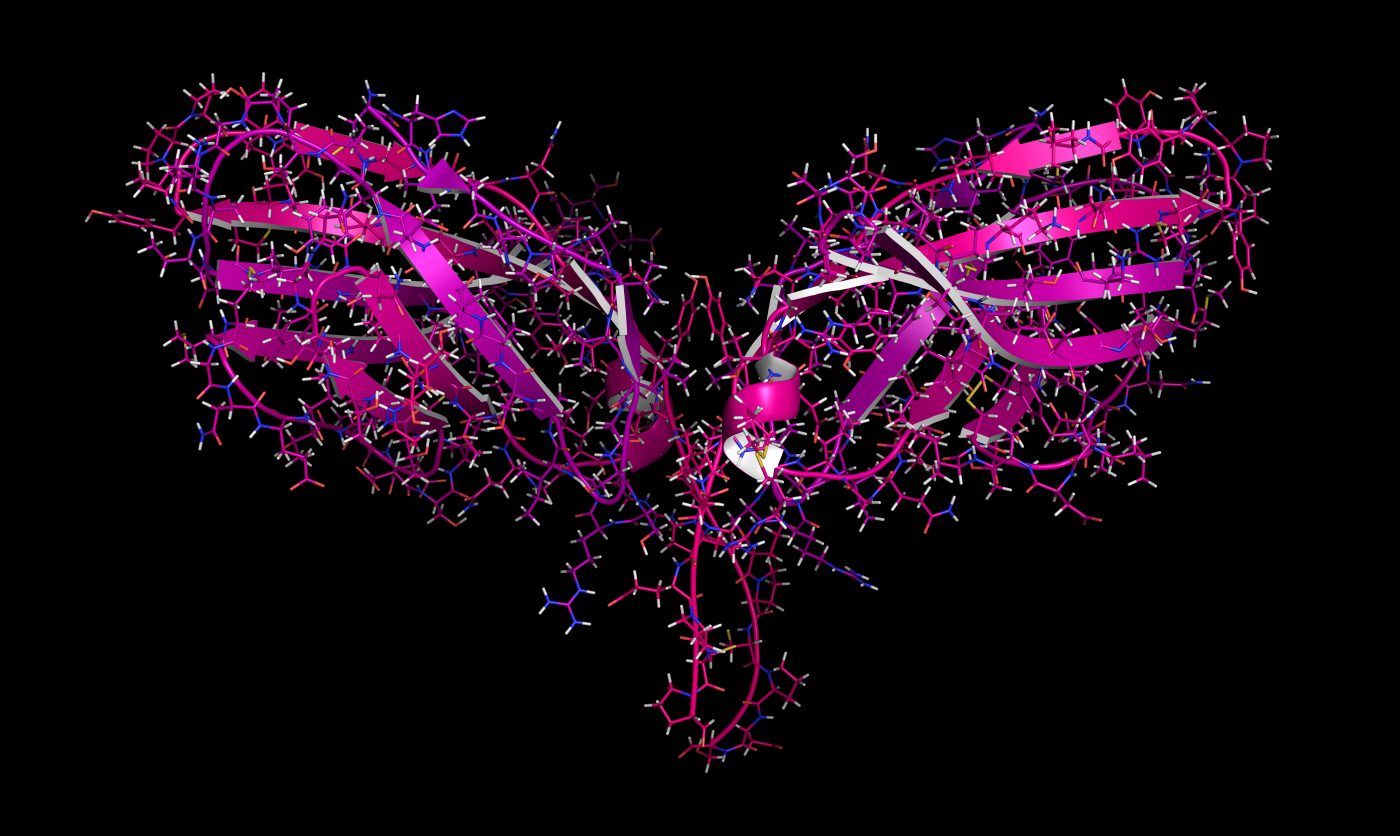APOE Gene Variants Alter Alpha-synuclein Dynamics, Could Affect Dementia Occurrence in Parkinson’s, Study Suggests

Genetic variations in the gene apolipoprotein E (APOE) alter the dynamics of alpha-synuclein protein buildup in the brains of mice with Parkinson’s disease (PD), according to a new study. This suggests suggests that alterations in APOE could affect the occurrence of dementia in humans with the neurodegenerative disease, the researchers said.
Titled “APOE genotype regulates pathology and disease progression in synucleinopathy,” the study was published in Science Translational Medicine.
As many as 80% of people with PD will develop dementia — a group of symptoms affecting memory, thinking and social abilities — within two decades of being diagnosed. Nonetheless, the occurrence of dementia in Parkinson’s varies greatly person-to-person: “Many patients take years to develop dementia, whereas others have a more rapid course, and in some cases, dementia precedes motor symptoms,” the researchers said.
Parkinson’s is associated with the formation of toxic protein aggregates, or clumps, in the brain — particularly involving the protein alpha-synuclein. Alzheimer’s disease also is characterized by the accumulation of toxic protein aggregates in the brain, though the exact proteins involved are somewhat different.
The gene APOE encodes a protein of the same name, which helps form molecules called lipoproteins, which are responsible for packaging cholesterol and other fats and carrying them through the bloodstream.
A variant in this gene, called E4, is associated with a significantly increased risk of Alzheimer’s. APOE variants are known to affect how certain Alzheimer’s-associated proteins clump together in the brain. However, whether these variants also affect alpha-synuclein aggregation hasn’t been clear, nor has been the effect of variants in APOE on dementia in Parkinson’s.
Now, researchers at Washington University School of Medicine in St. Louis are trying to bridge this knowledge gap. Using mice with a form of alpha-synuclein prone to aggregation, the scientists engineered mice with one of three genetic variants in APOE — E2, E3, or E4 — or no APOE gene at all, called a knockout. They then compared alpha-synuclein in the brains of these mice.
Using multiple molecular assays, the researchers demonstrated that alpha-synuclein levels were significantly lower in mice with the E2 variant than in mice with the E4 variant or knockout mice. Animals with the E3 variant had alpha-synuclein levels in between these two extremes, though differences were generally not statistically significant in either direction.
Motor function and survival patterns followed trends consistent with this finding: E2 mice had higher motor scores, followed by E3, then E4, and knockout. Similarly, E2 mice survived significantly longer (median 18.4 months) than E4 (11.7 months) or knockout mice (11.6 months), with E3 mice in between the extremes (median 12.7 months).
These data suggest that APOE genetic variants affect the dynamics of alpha-synuclein in the brain.
“What really stood out is how much less affected the APOE2 mice were than the others,” Albert (Gus) Davis, MD, PhD, a professor at Washington University School of Medicine and the study’s lead author, said in a press release.
“It actually may have a protective effect, and we are investigating this now,” Davis said. “If we do find that APOE2 is protective, we might be able to use that information to design therapies to reduce the risk of dementia.”
The team then looked for connections between APOE variants and dementia in people with Parkinson’s.
First, the researchers assessed two groups of PD patients who had been followed for several years: one from the Parkinson’s Progression Markers Initiative, involving 251 people, and the other, which includes 170 people, from the Washington University Movement Disorders Center. In both groups, individuals with the E4 variant had significantly faster rates of decline in cognitive scores as compared with those with other variants. Importantly, this effect remained significant after adjustment for other factors known to affect cognitive decline, including the presence of neurotoxic proteins in the fluid around the brain, and educational attainment.
Additionally, in a separate group — the NeuroGenetics Research Consortium, numbering 1,030 people, in which cognitive scores were measured at only one time point — the E4 variant was associated with significantly lower cognitive scores at the time of assessment, and with the onset of cognitive difficulties at a younger age.
“Together, these data corroborate the finding that APOE ε4 is associated with cognitive impairment and a faster rate of cognitive decline in PD,” the researchers said.
Because this effect was independent of other toxic brain proteins, the team concluded this most likely was a consequence of increased alpha-synuclein in the brain, as evidenced by the data in mice.
All in all, these findings implicate APOE in the molecular progression of Parkinson’s and, specifically, the onset of dementia. Thus, APOE or related proteins in the brain might be a viable therapeutic target for treating dementia in Parkinson’s, the researchers said. Further studies will be needed to test this idea.






